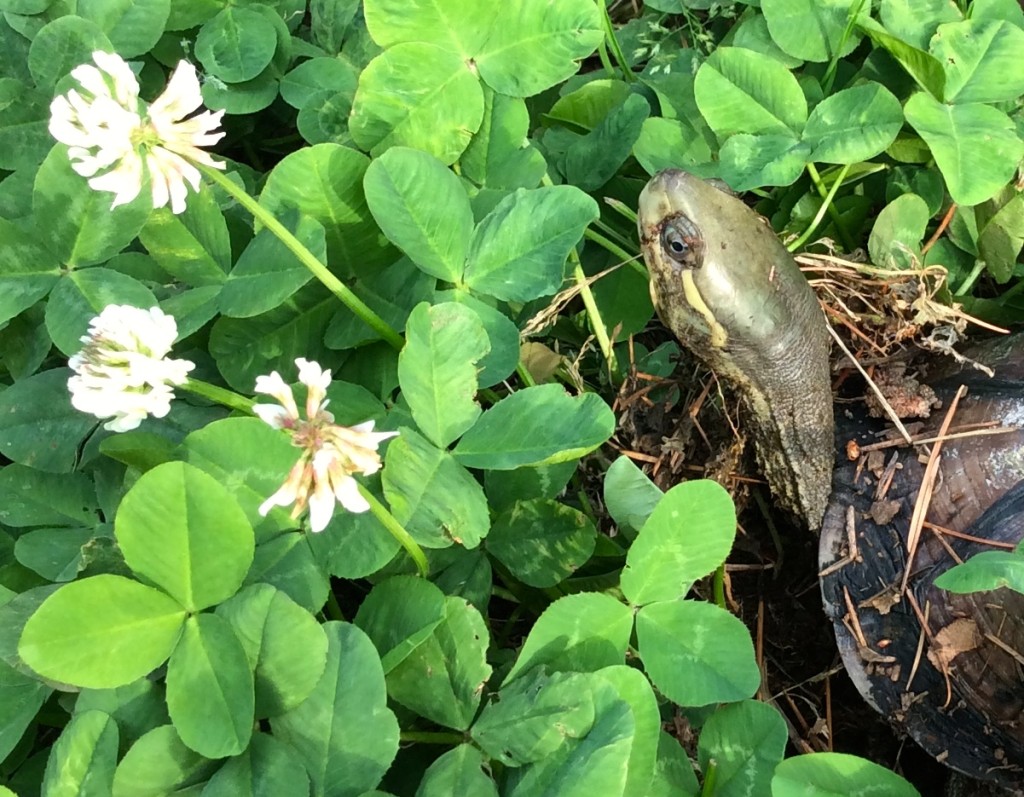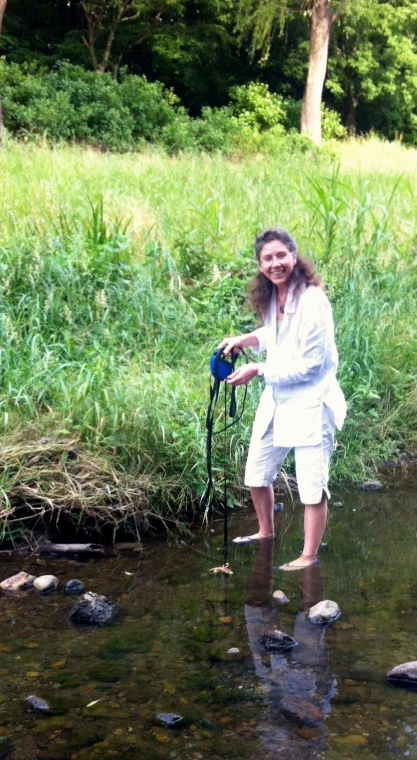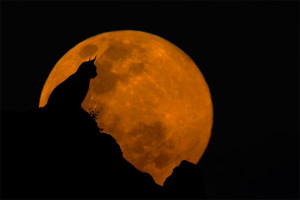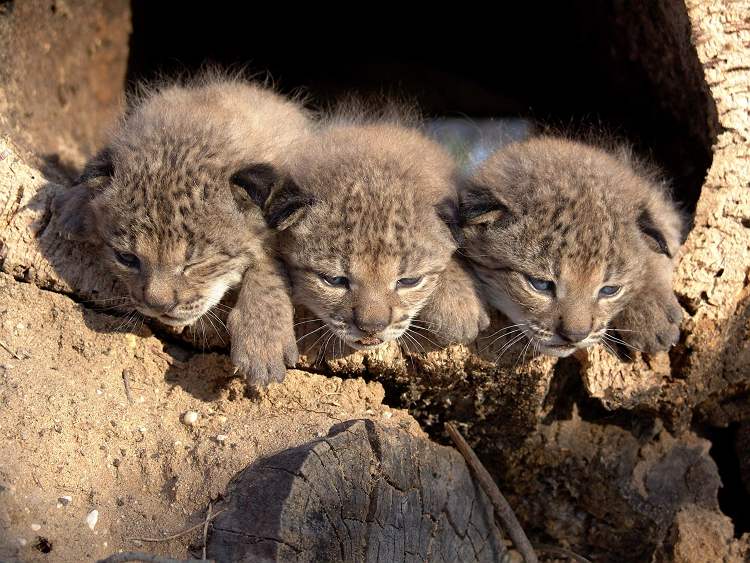Happy International Turtle Day!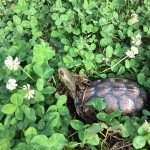
What? You didn’t know that May 23rd is “Be Kind to Turtles Day?”
Look it up. It’s true! Turtle Day has been celebrated since the year 2000. It was started by the American Tortoise Rescue and is now celebrated worldwide.
So in honor of this special day, our resident turtle, Koupa, was taken to the nearest river for his first ever river walk. He was delighted! See for yourself. I have posted a video of the big event. Koupa didn’t hoot and holler, of course, but he started to explore, even dug up a worm at the bottom of the creek and took a few bites out of leaves floating by.
It was lovely to see how instinctively he took to exploring the river. He walked along the bottom, swam in the current and even started to burrow into the side of the bank. I’m glad I didn’t let him get too far because he has very strong legs and it took a bit of pulling to get him out of his hole. He looked very smug and dashing as he emerged with his beret of mud perched jauntily on his little turtle head.
I kept the leash slack and let him explore at will. He took his time and swam slowly, but when I pulled on the leash a bit to lead him back to shore, he suddenly had an urgent desire to go the other way. I was as if he knew it was time to go and he didn’t want to leave. I don’t blame him. I wish I could have let him go, but I’m afraid he would not have survived long. This stream is daily combed through by little collectors who scoop tadpoles, fish and insects into their keeping cages. He would have been collected before the day was through. Maybe someday I can release him in southern Japan where a river runs wild. For now, he has been promised more frequent excursions to the river… not just on International Turtle Day.
Koupa is a Japanese Southern turtle, raised from egg by a family friend who owns a pig farm and a turtle sanctuary in Japan. This type of turtle is indigenous to parts of Japan south of Kyoto. He lives in a tank in our house, but we wish we could build him a large pool in the backyard. We are renting here, however, and the homeowner might not appreciate the tiny back garden being turned into a turtle pond.